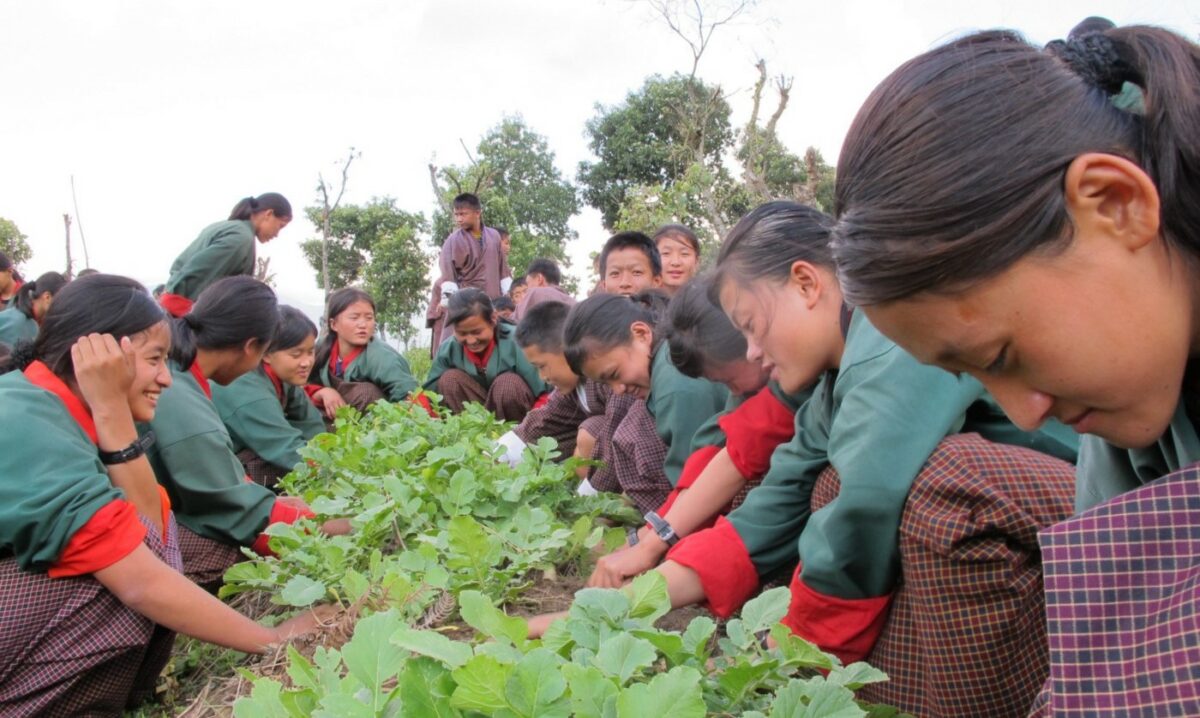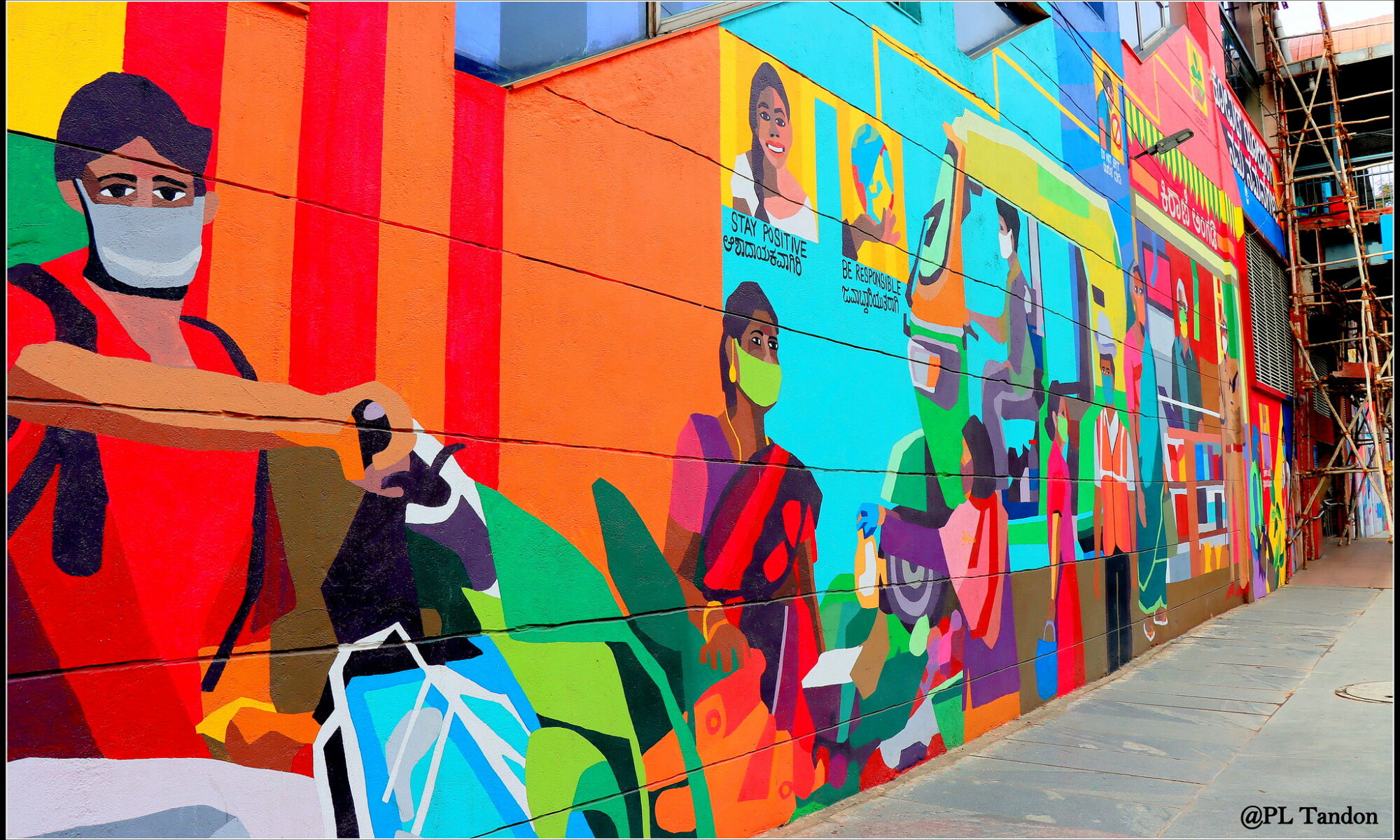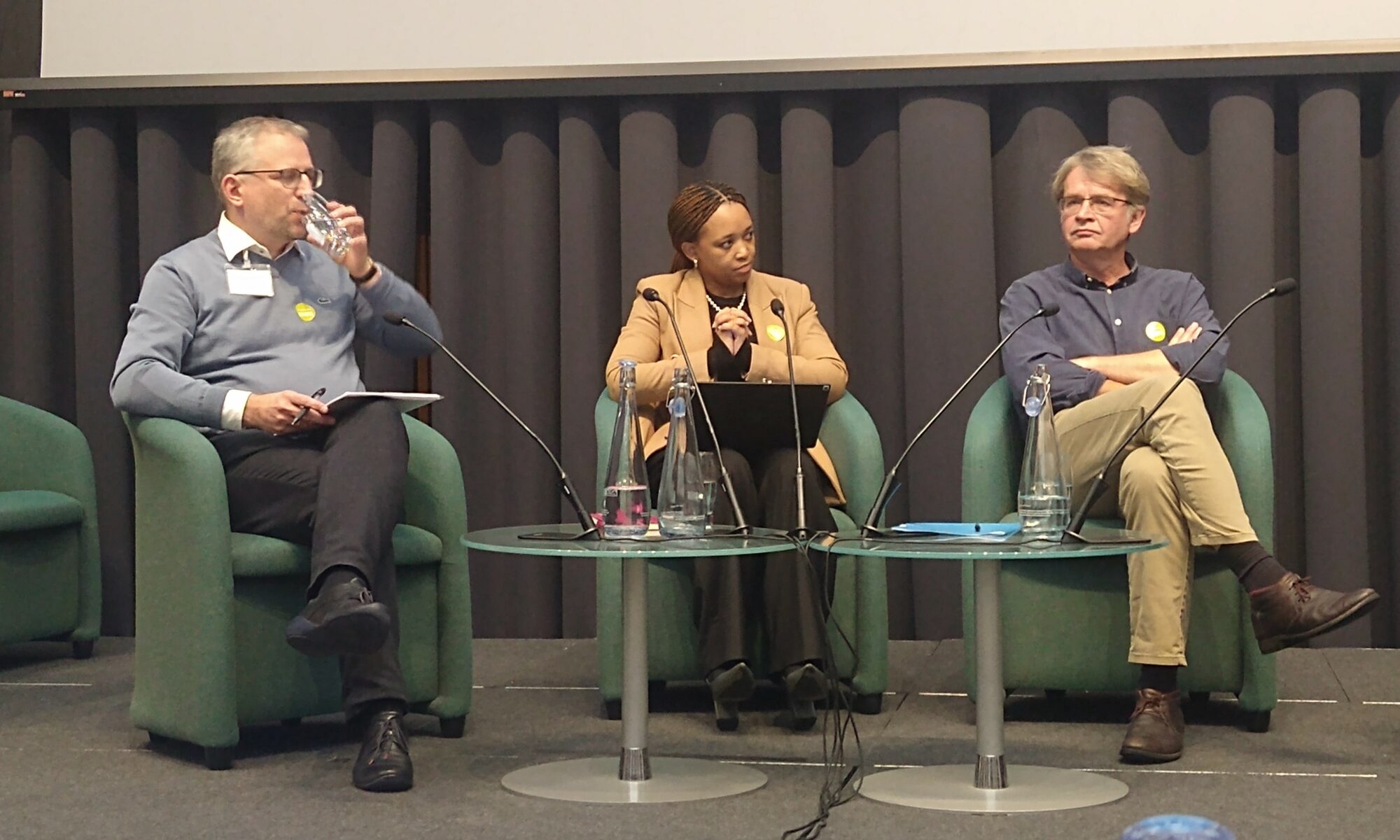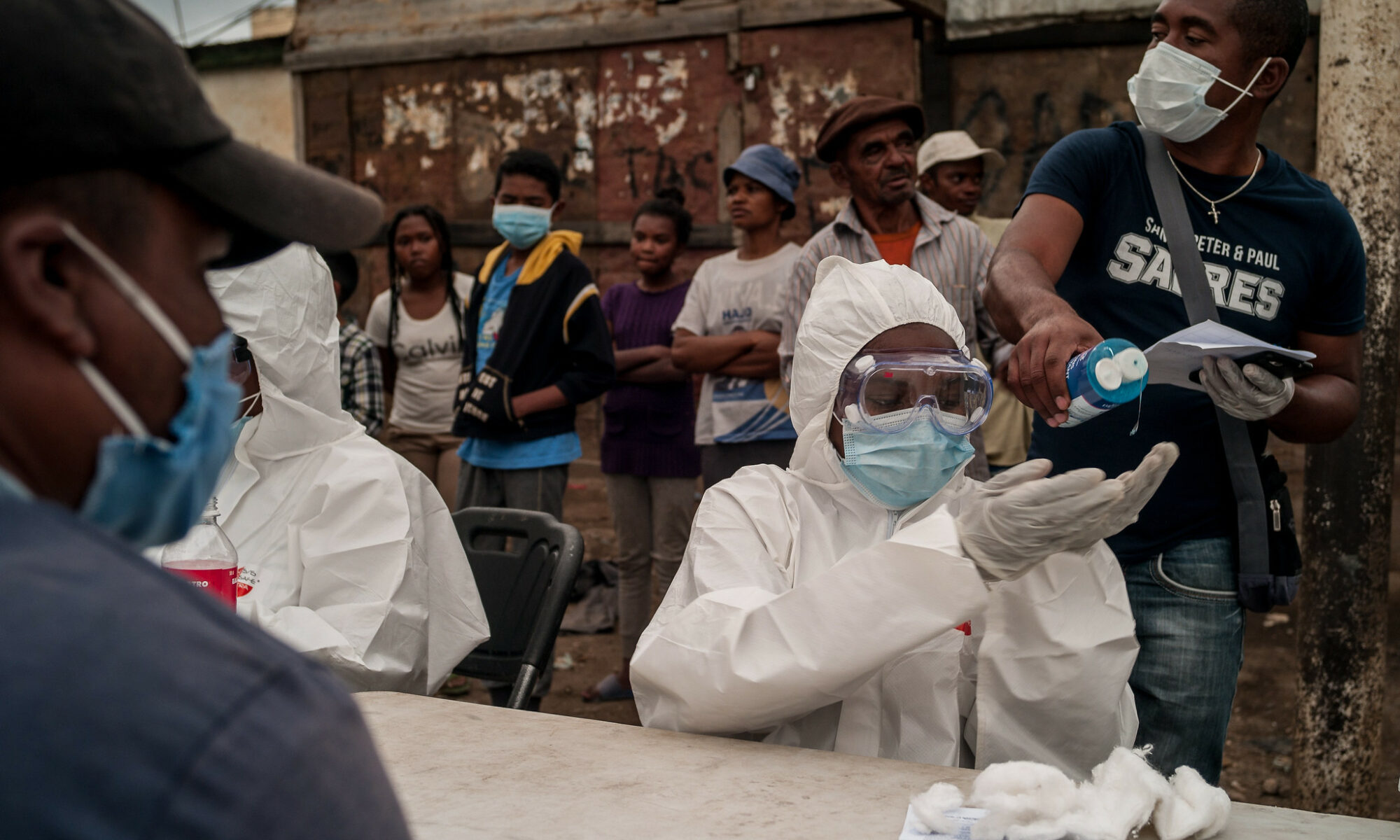By Erik Gomez-Baggethun
Work time reduction is one of the central policy proposals brought forward by ecological economists and degrowth scholars to reduce environmental pressure and unemployment and enhance human well-being. In its broader meaning, work is defined as an activity involving mental or physical effort done to achieve a purpose or result. In economic and policy debates, however, the dominant notion of ‘work’ has acquired a much narrower meaning. It does not extend to cover the activities required for the reproduction of life such as caring and housekeeping, neither the broader set of things we do on our own initiative without expecting remuneration. The dominant conception of work remains confined to the set of activities formally recognized by society as worthy of remuneration. For most people in Western capitalist countries, work is still understood as wage labour, and weekly working times of around 40 hours have come to be perceived as an almost natural configuration of time.
Continue reading “Rethinking work for sustainability and justice”





